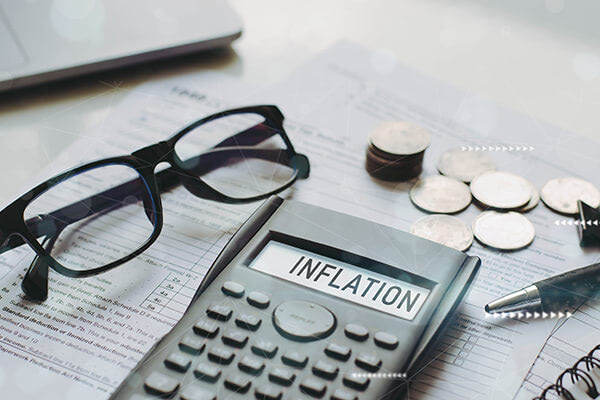What does it mean now that the Bank of Canada has paused rate hikes? Here’s what you should know about the central bank’s movements.

Before converting to a fixed rate, think about the future!
The mortgage world continues to shift. With all the news of rising rates and inflation, the idea of converting to a fixed rate sounds enticing. Having the predictability of mortgage payments and not having to worry about rate hikes? Many people would be ready to sign up. However, before you start the process of locking into a fixed rate, you need to consider how it will affect your future plans.
The benefits of converting
Locking into a fixed-rate product today is appealing to many borrowers. Variable rates are unpredictable and seem to be increasing with every Bank of Canada meeting, and no one is certain when rate hikes will end. Meanwhile, fixed rates are on the decline as the bond market prepares for a possible recession. In many cases, it’s true that fixed rates are lower than variable rates right now. Apart from the rates themselves, the stability of fixed rates is important for many borrowers who need to plan their budgets carefully. Inflation is increasing the costs of all goods and services, straining some Canadians’ finances. Knowing exactly what they will owe in monthly mortgage payments can feel like a relief, so they can prepare for the expenses.
Don’t just think about today
Low fixed rates are certainly nice today. However, you will be a home owner for the long haul, which means you can’t just think about today. We’re currently in a cycle of falling fixed rates and rising variable rates, but we’re also anticipating a recession. This will cause variable rates to sink once again, likely below today’s fixed rates. This means in one year, the low fixed rate you locked into will likely be higher than the variable rate you would have had, if only you had stuck with your variable product. If your goal is to secure the best rate long-term, think twice before converting to a fixed rate today. You don’t want to miss out if variable rates end up lower than fixed rates in the future.
Your future plans should be a big factor
Depending on your age and situation, you might be at a point in life where you expect things to be evolving and changing over the next few years. For example, are you planning on starting a family, and perhaps needing to move to a bigger home? The opposite may also be true, and you’re planning to downsize in your retirement. Maybe you want to do major home renovations and will want to refinance to access cash flow for the project. Basically, if you are planning to break your mortgage terms in any way, even within the next few years, we don’t recommend converting to a fixed rate today. The penalties to break a fixed rate are much harsher than with a variable rate. It will cost you more and may make your goal of saving money meaningless.
Converting to a fixed rate is a decision that may benefit you today, but come back to haunt you in the future. You don’t want to regret locking into a fixed rate, only to find variable rates have come back down and you aren’t saving the money you thought you would. Before changing your mortgage terms, be sure to get in touch with a mortgage broker! We will review your mortgage product to determine if converting is the right move for you, so you can move forward with confidence.
If you have any questions about your mortgage, get in touch with us at Clinton Wilkins Mortgage Team! You can call us at (902) 482-2770 or contact us here.


